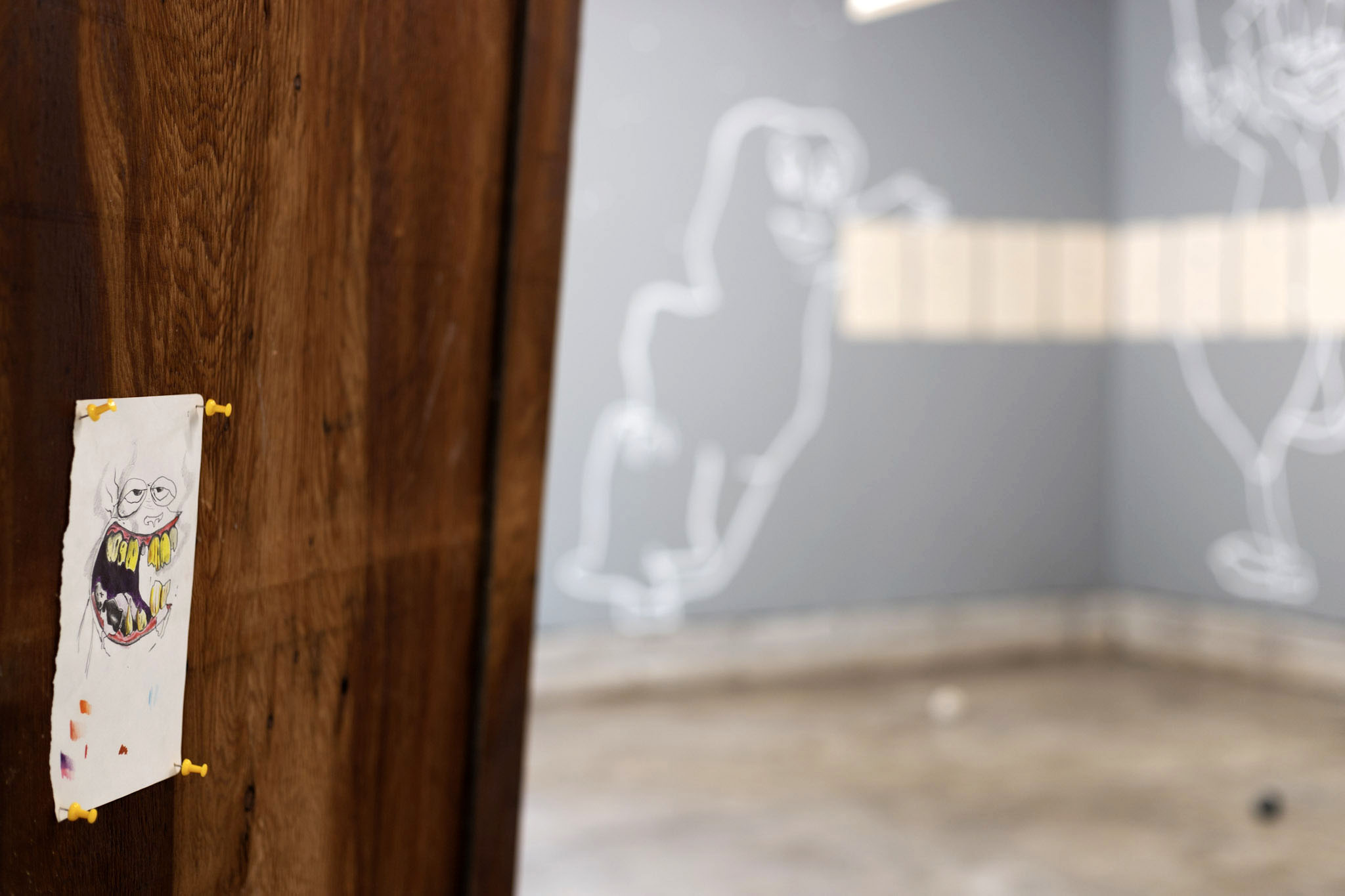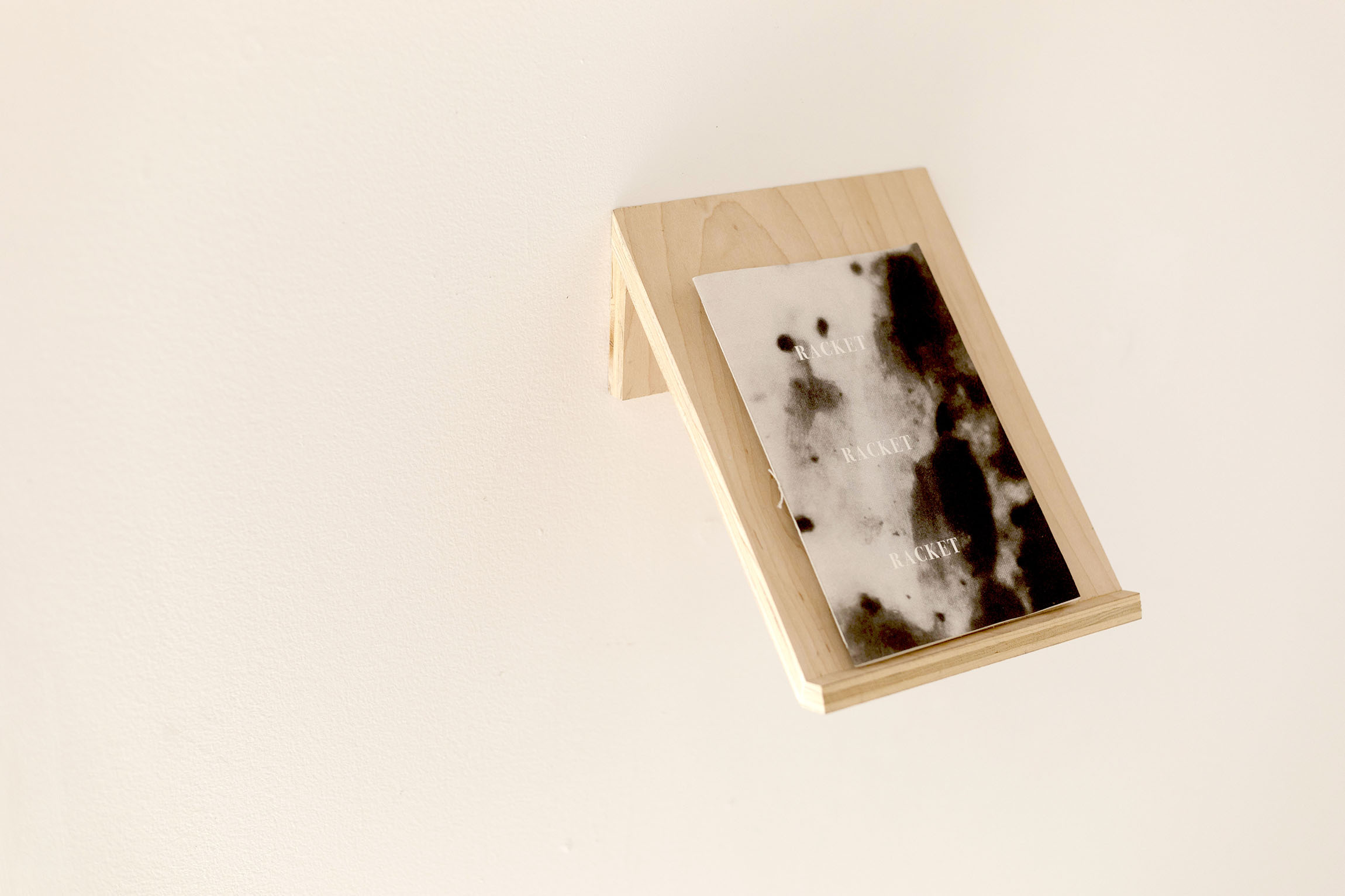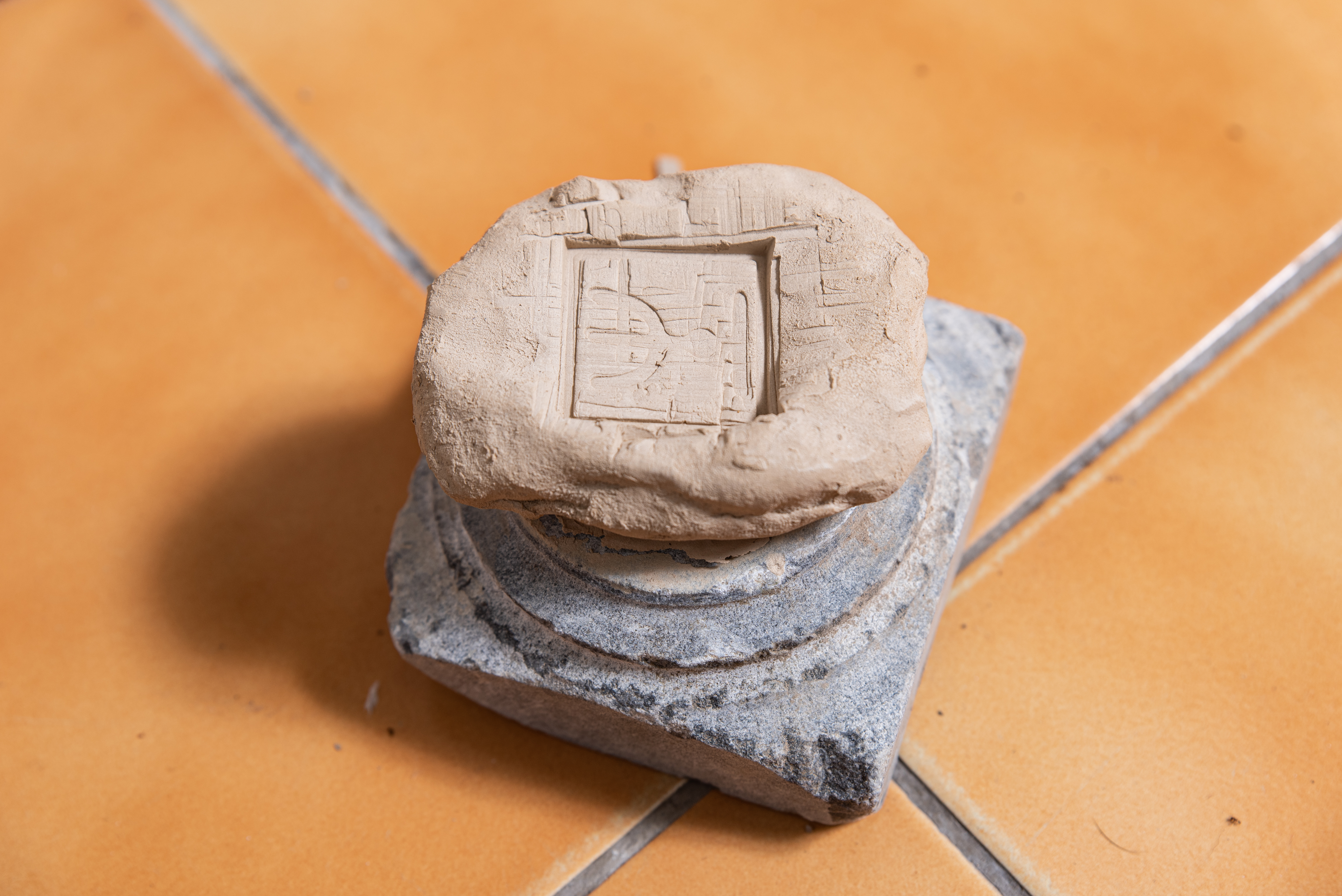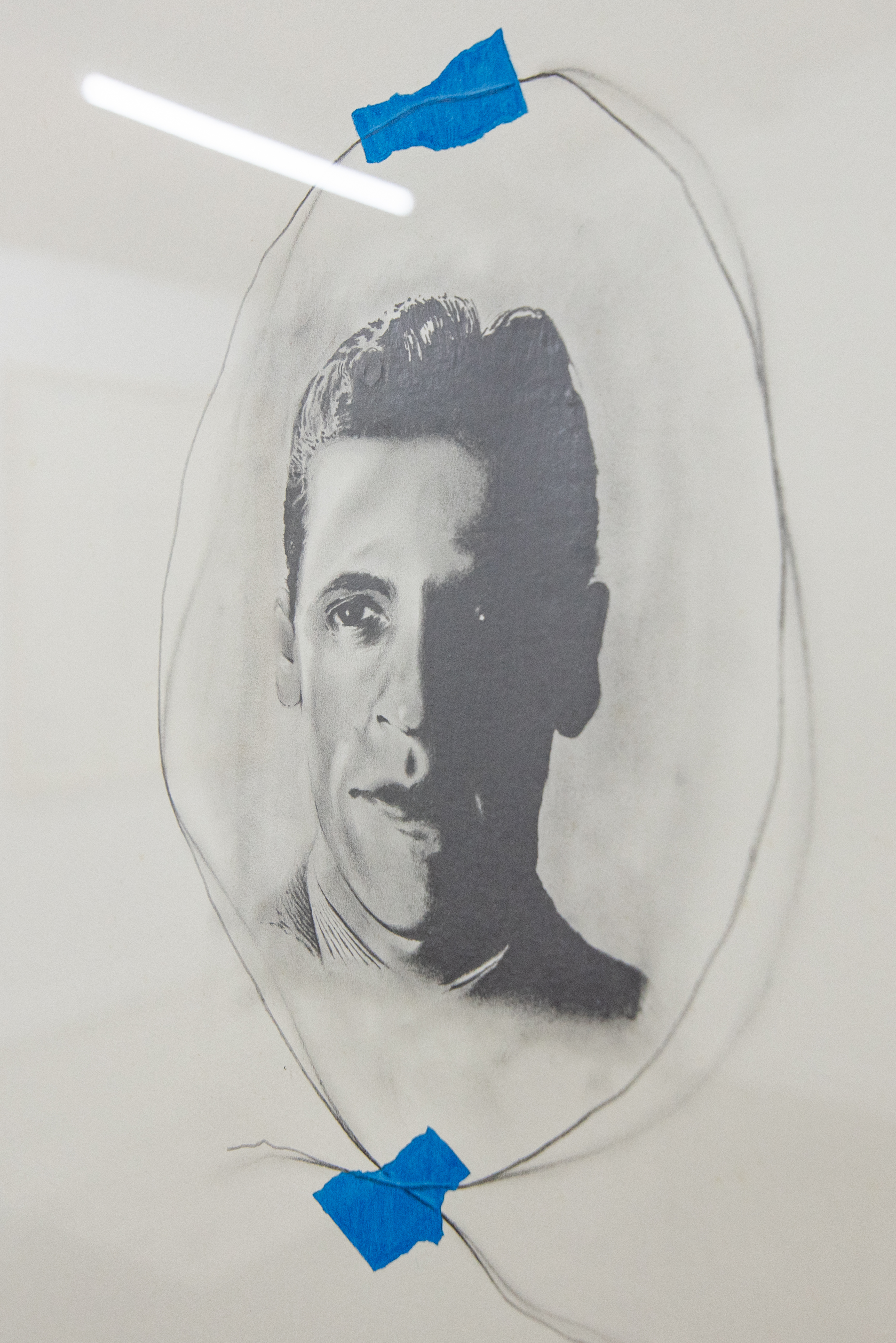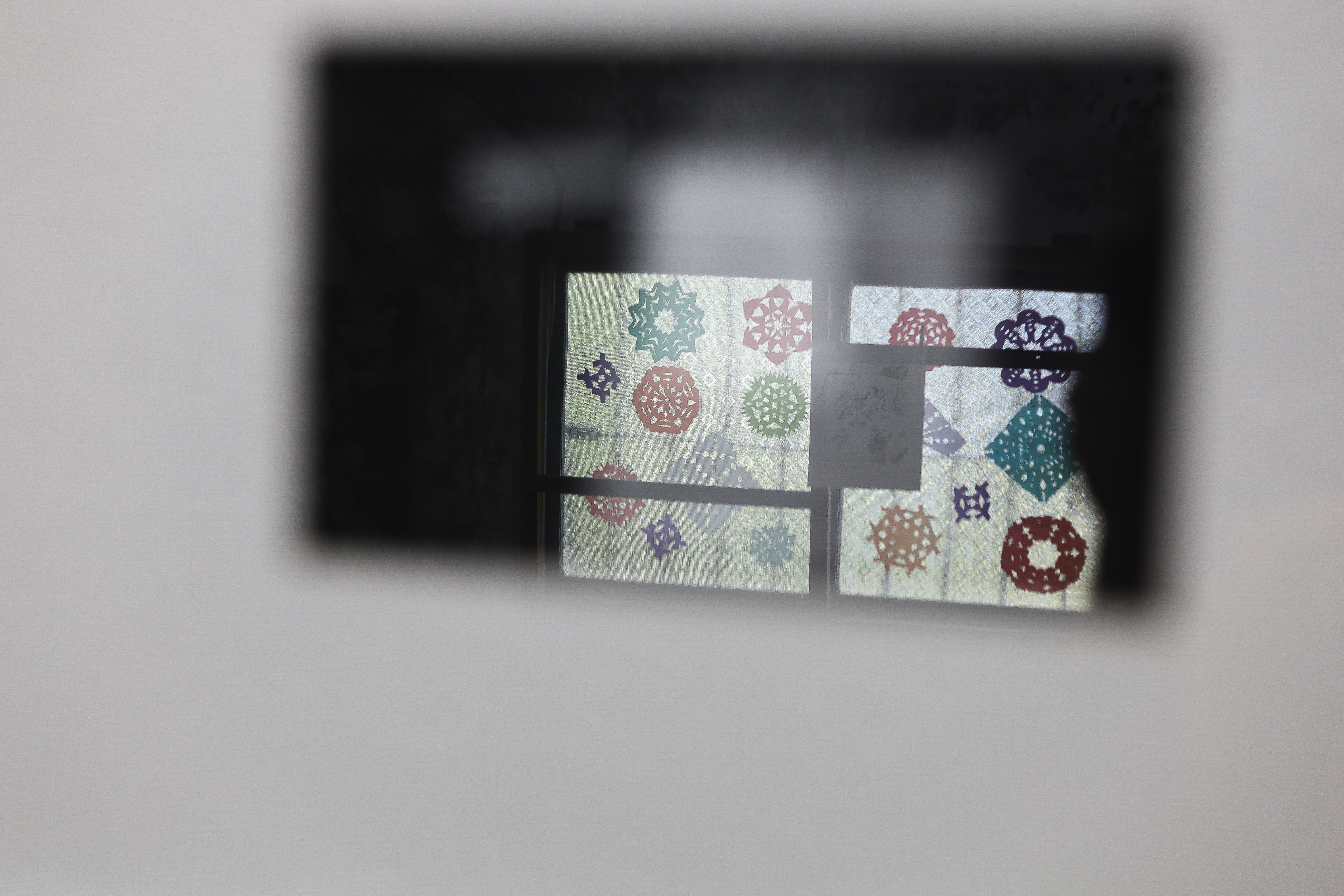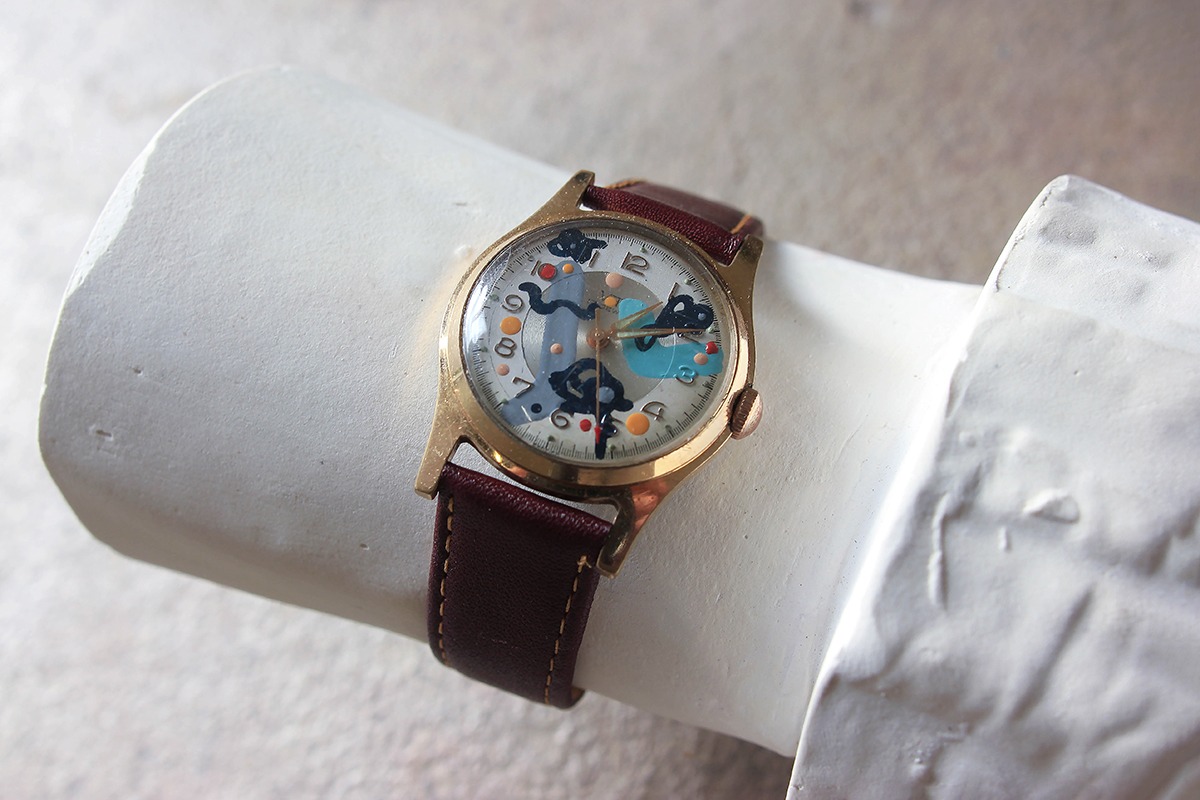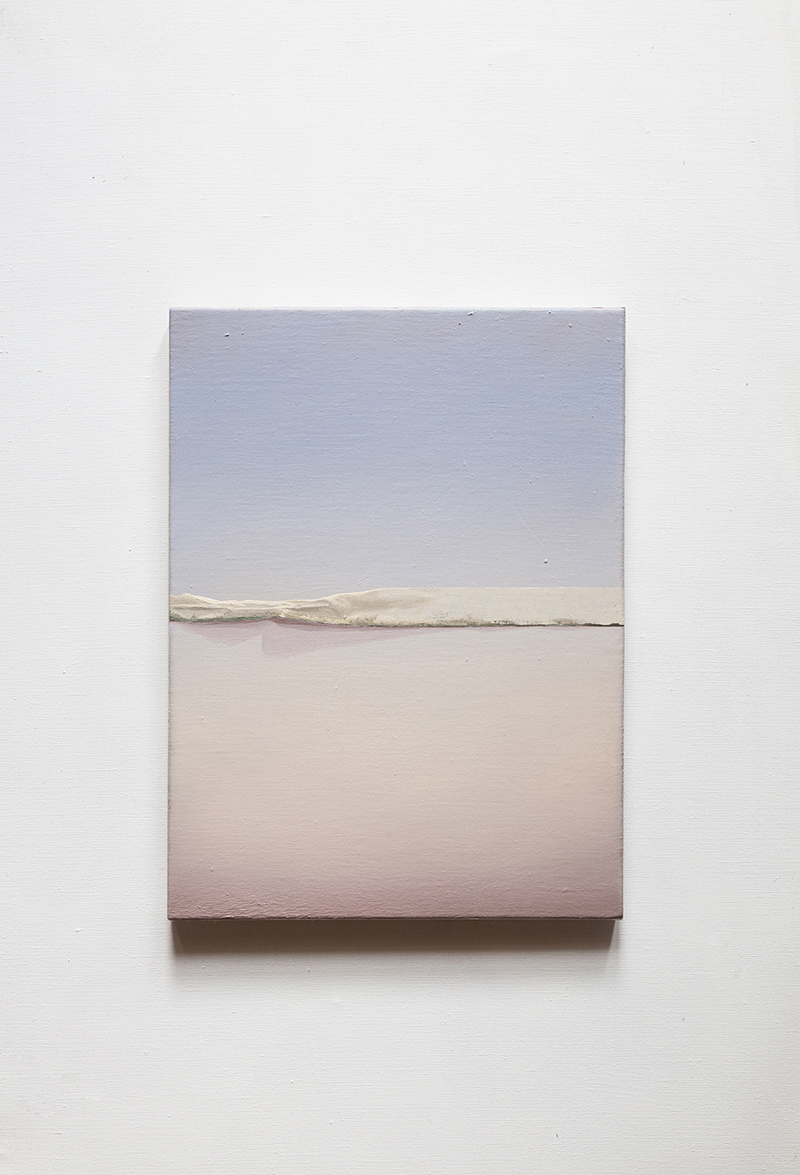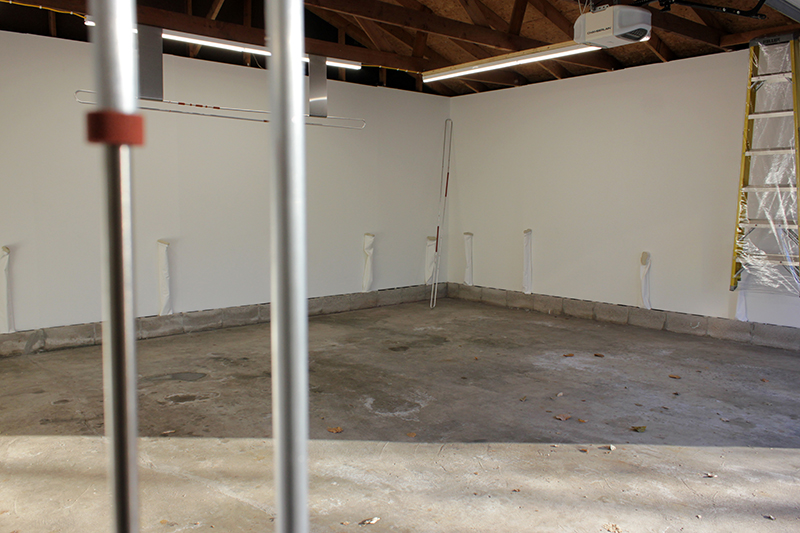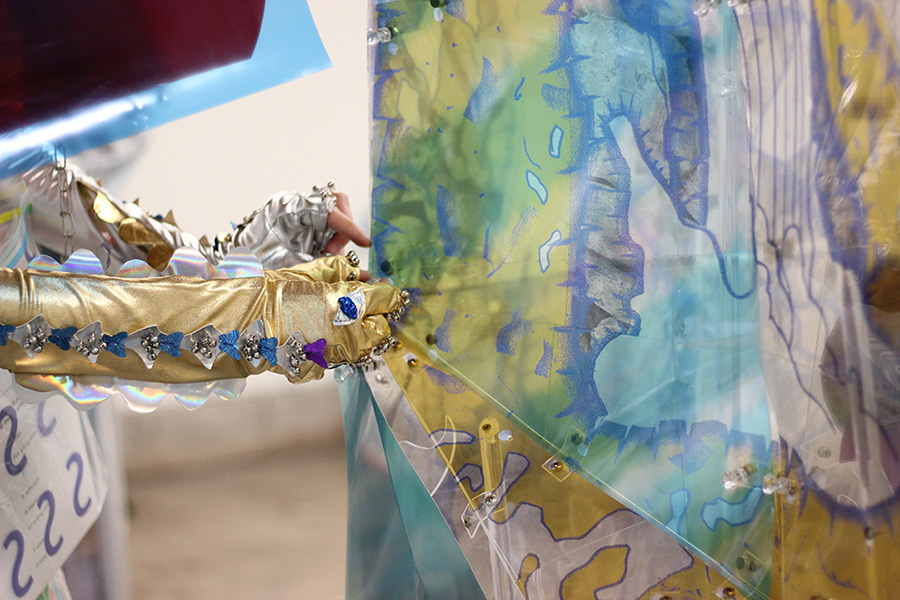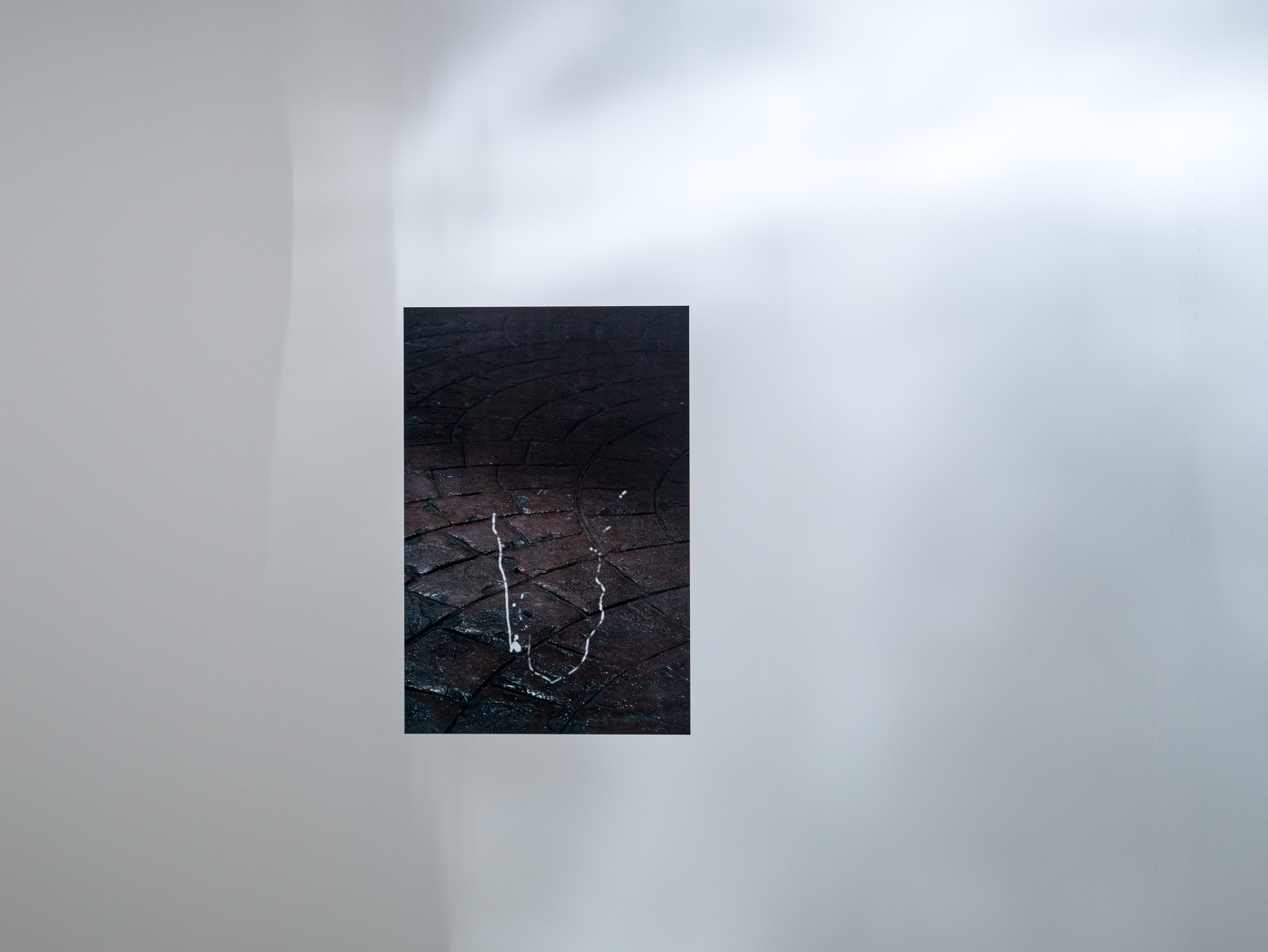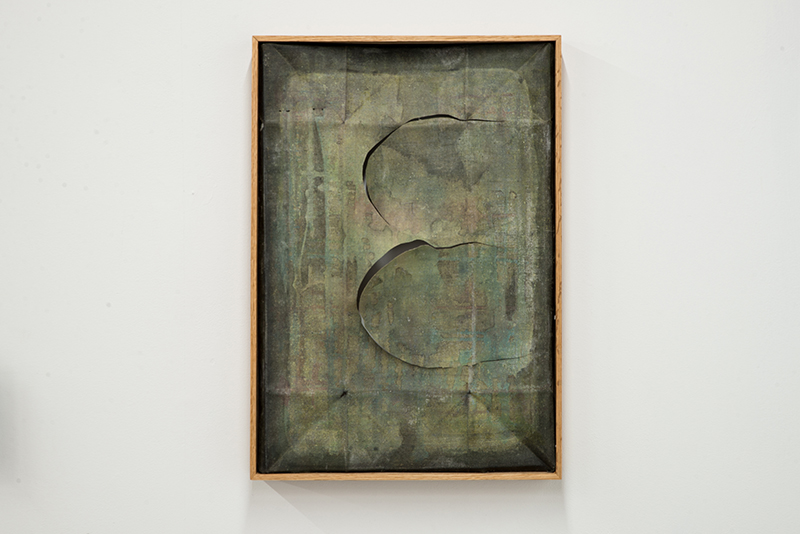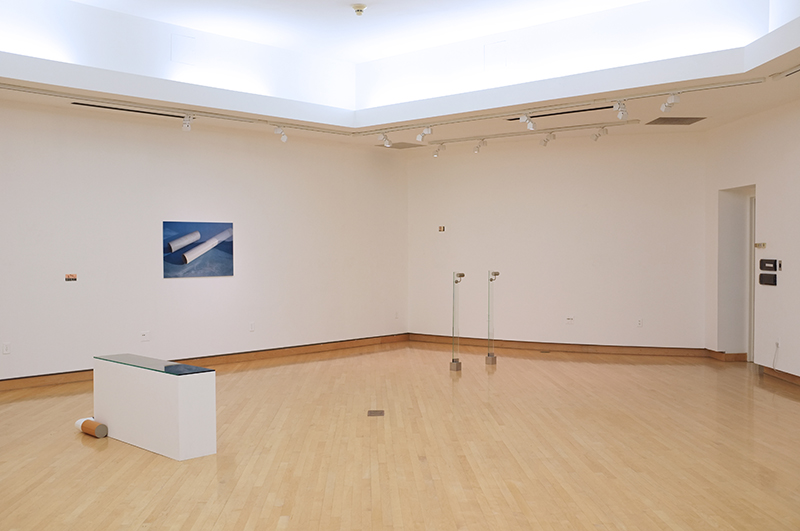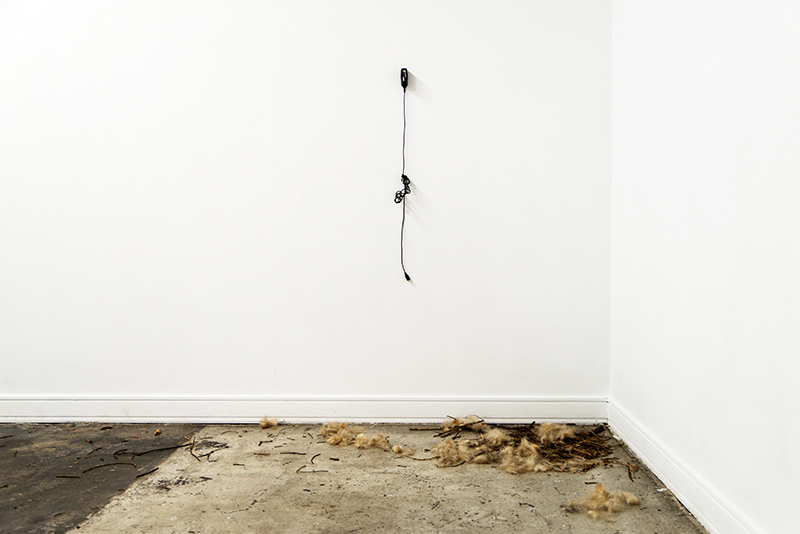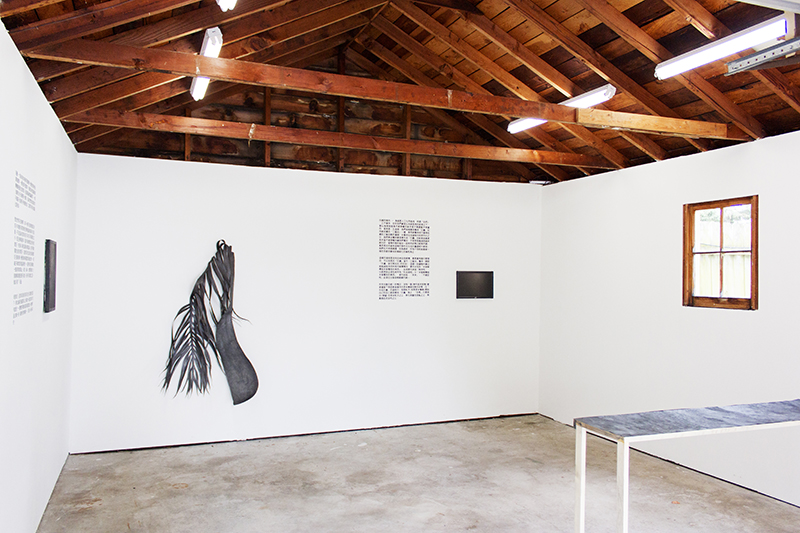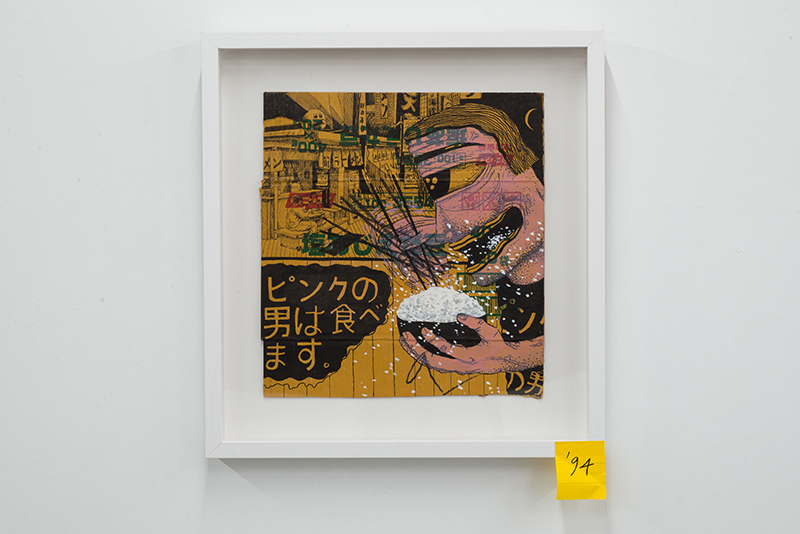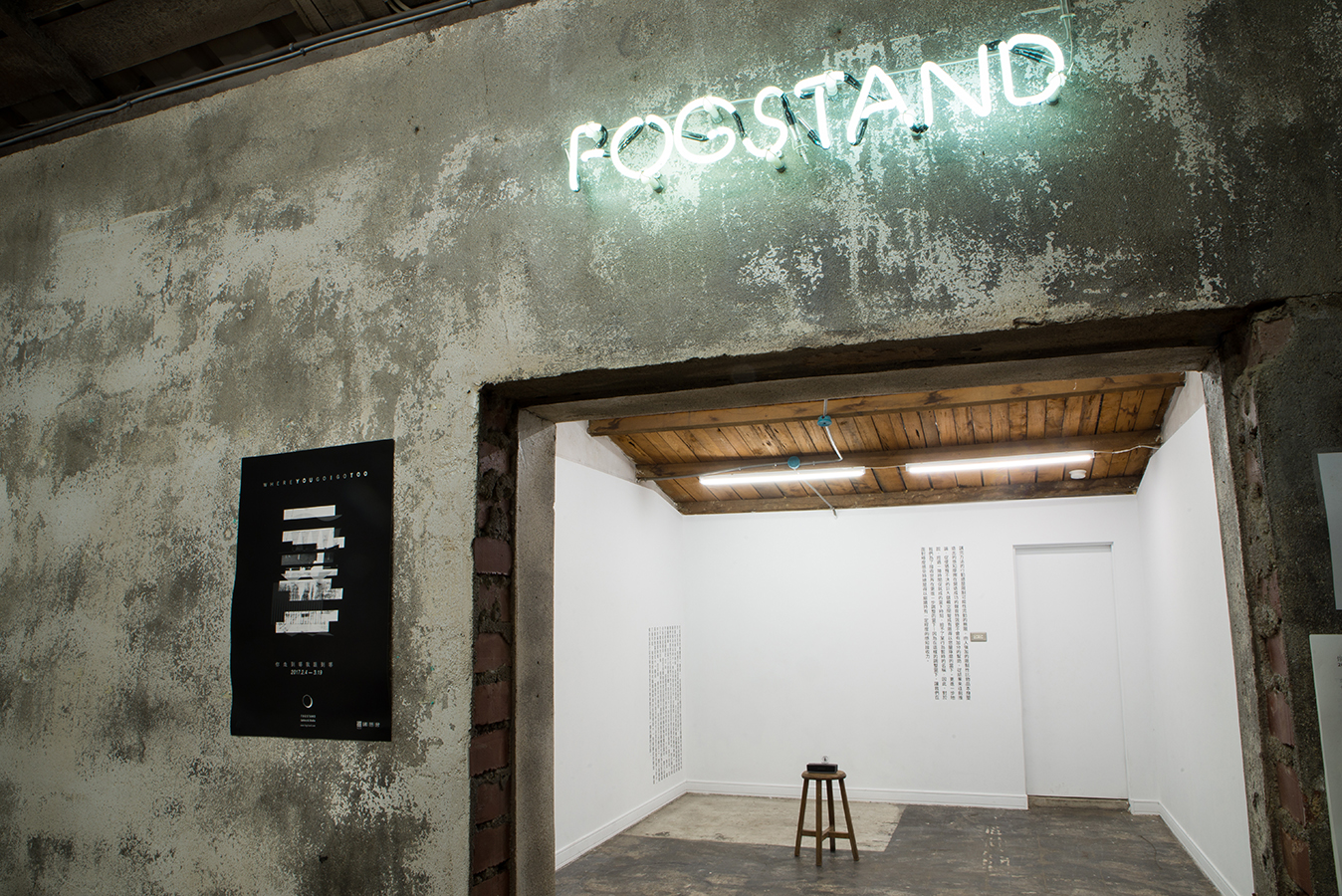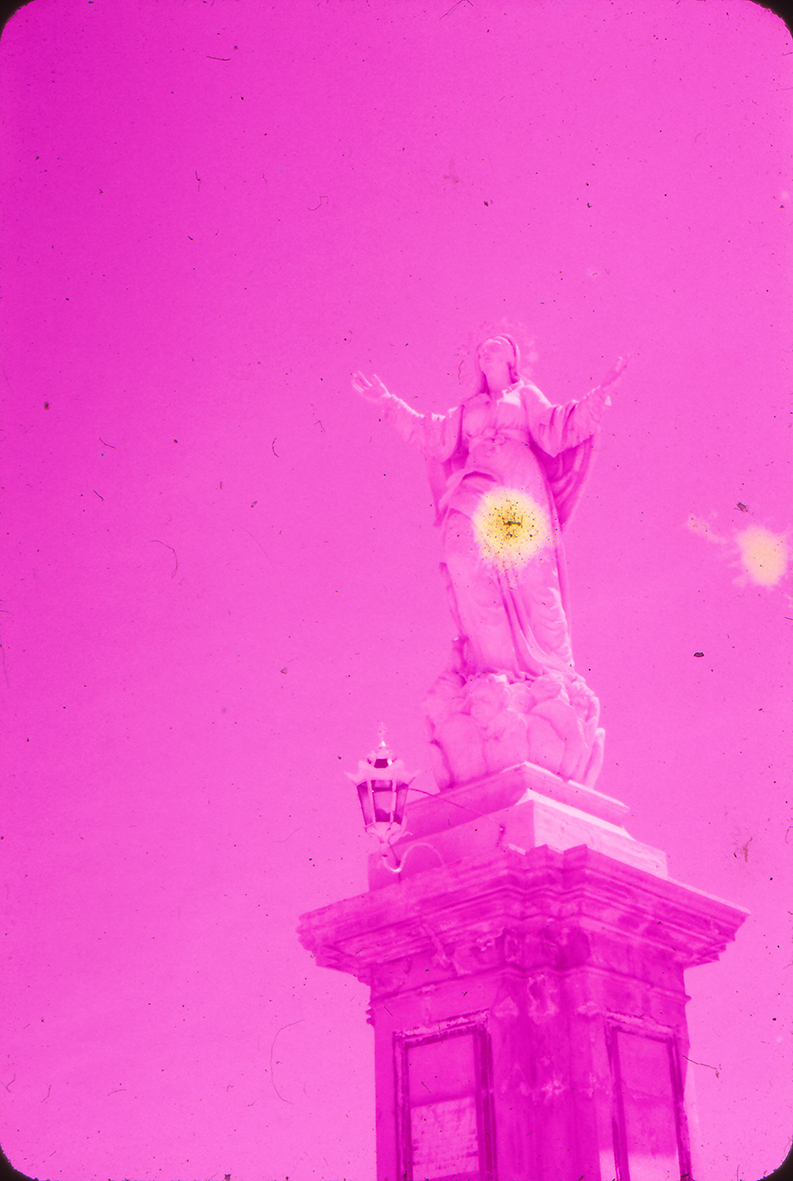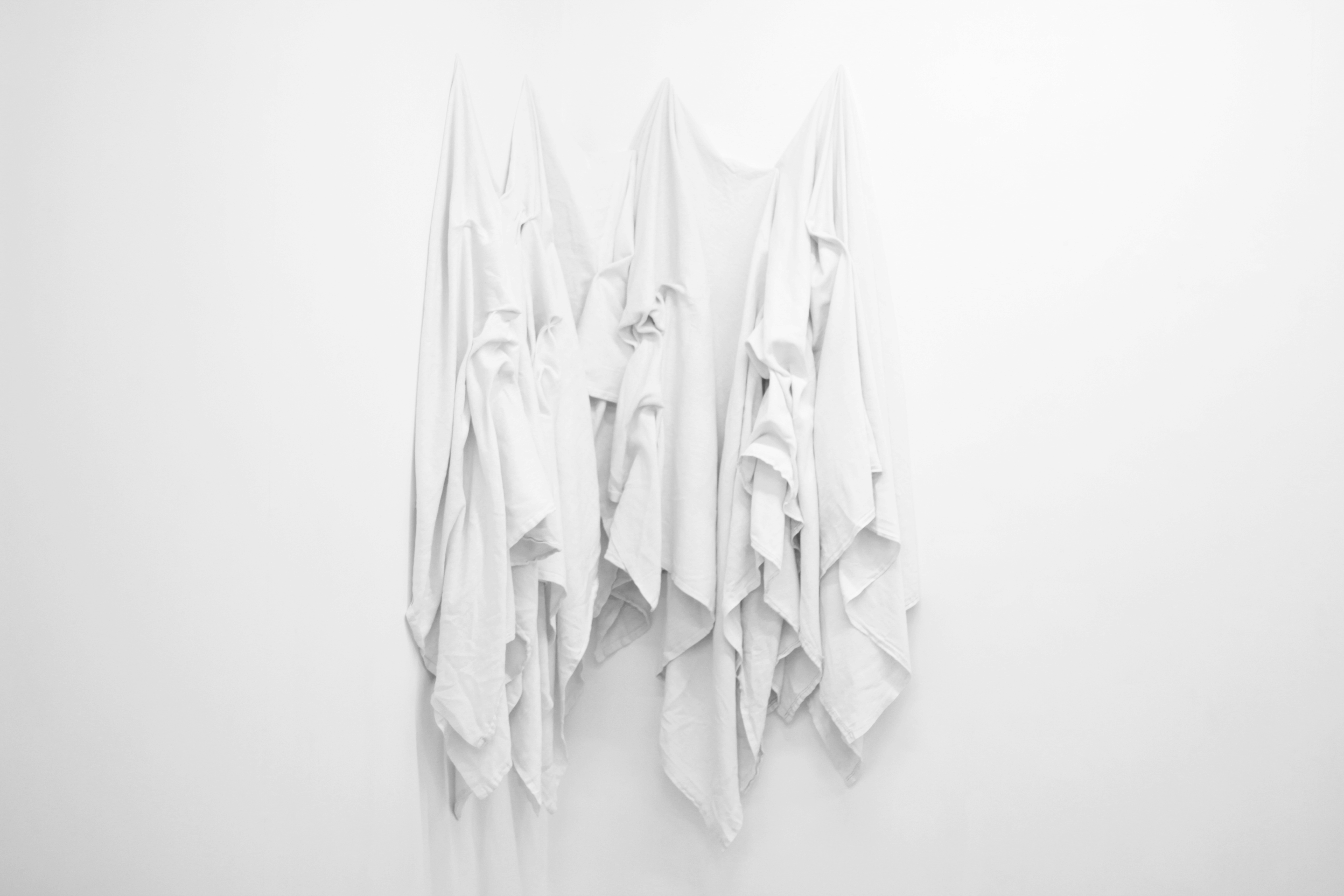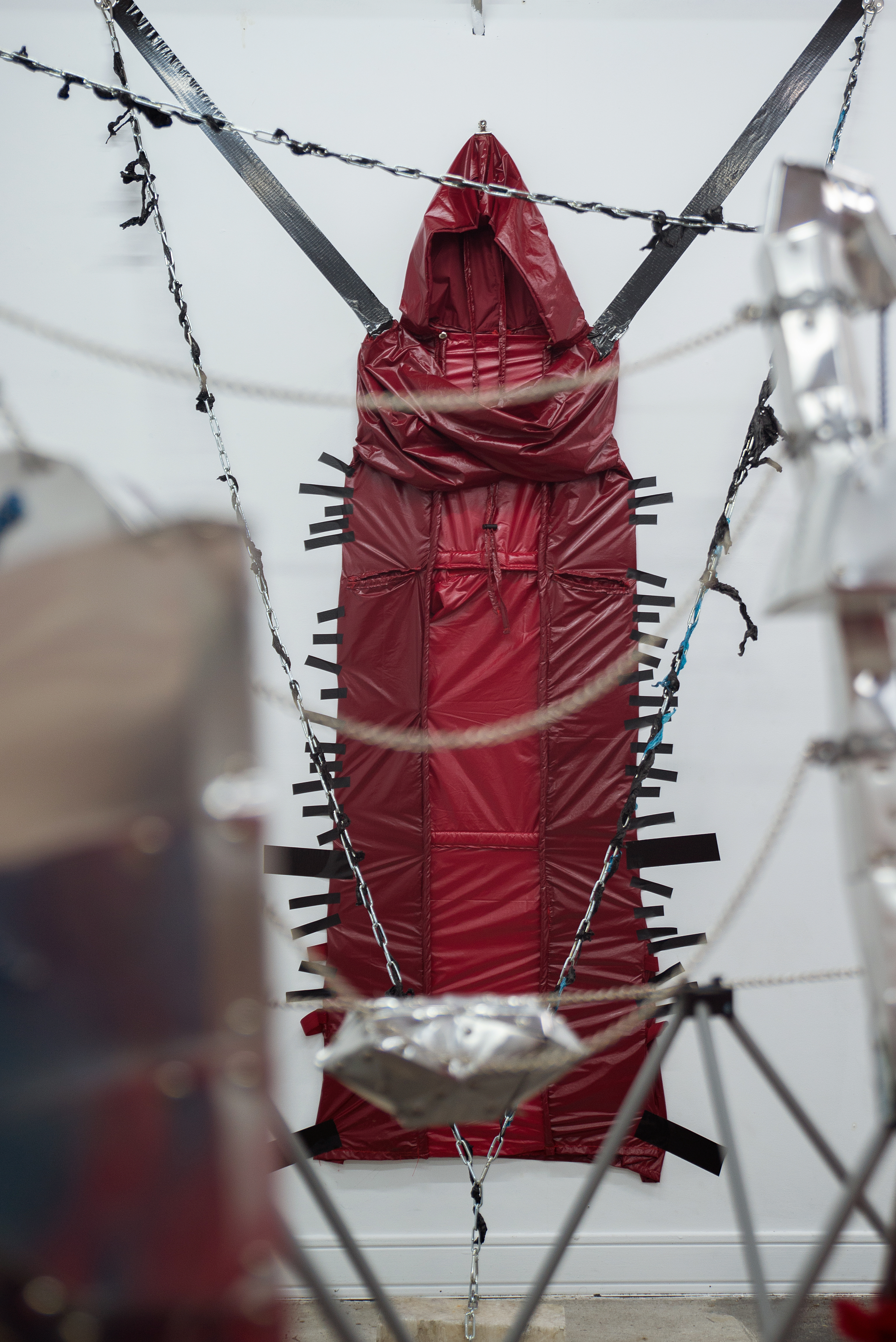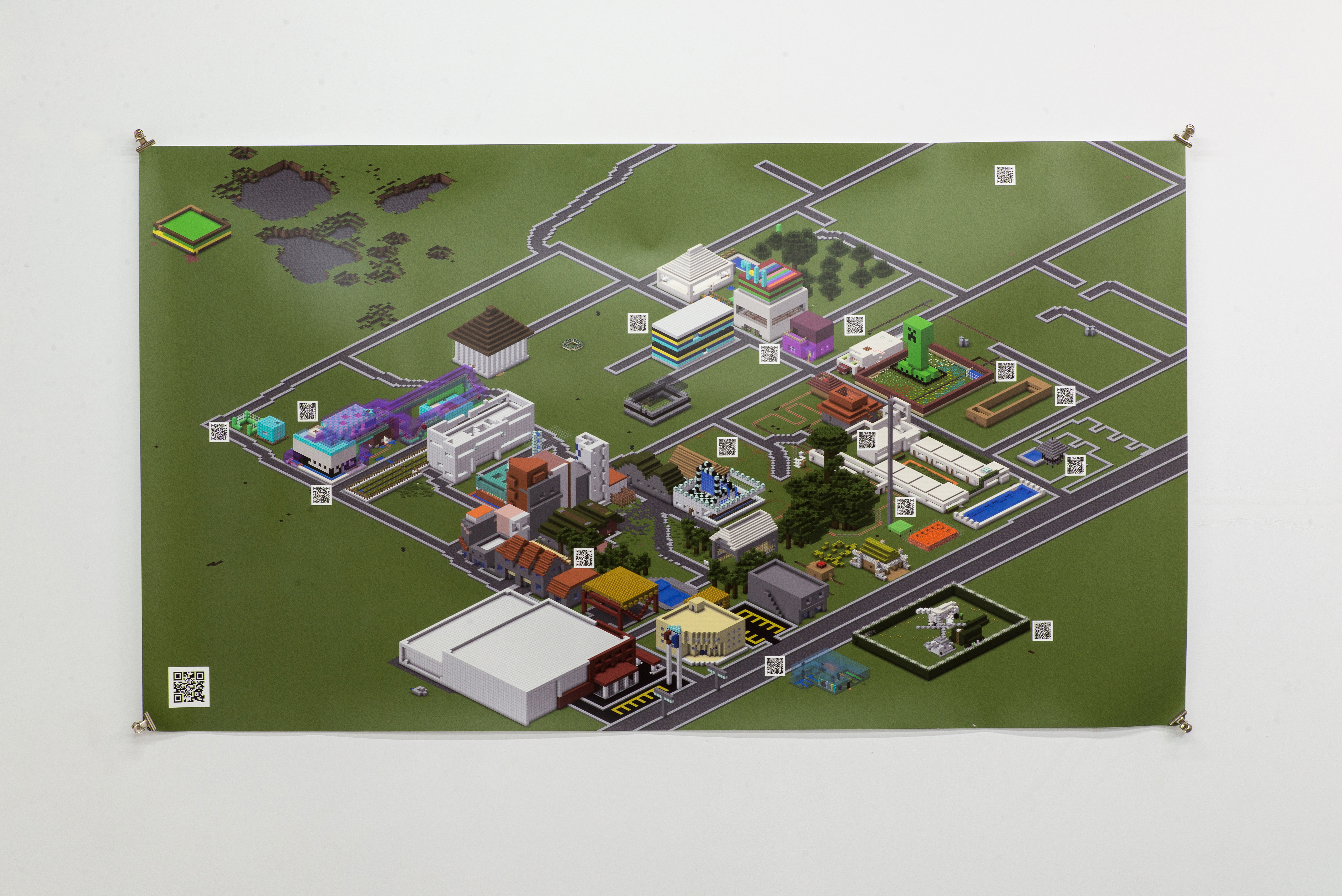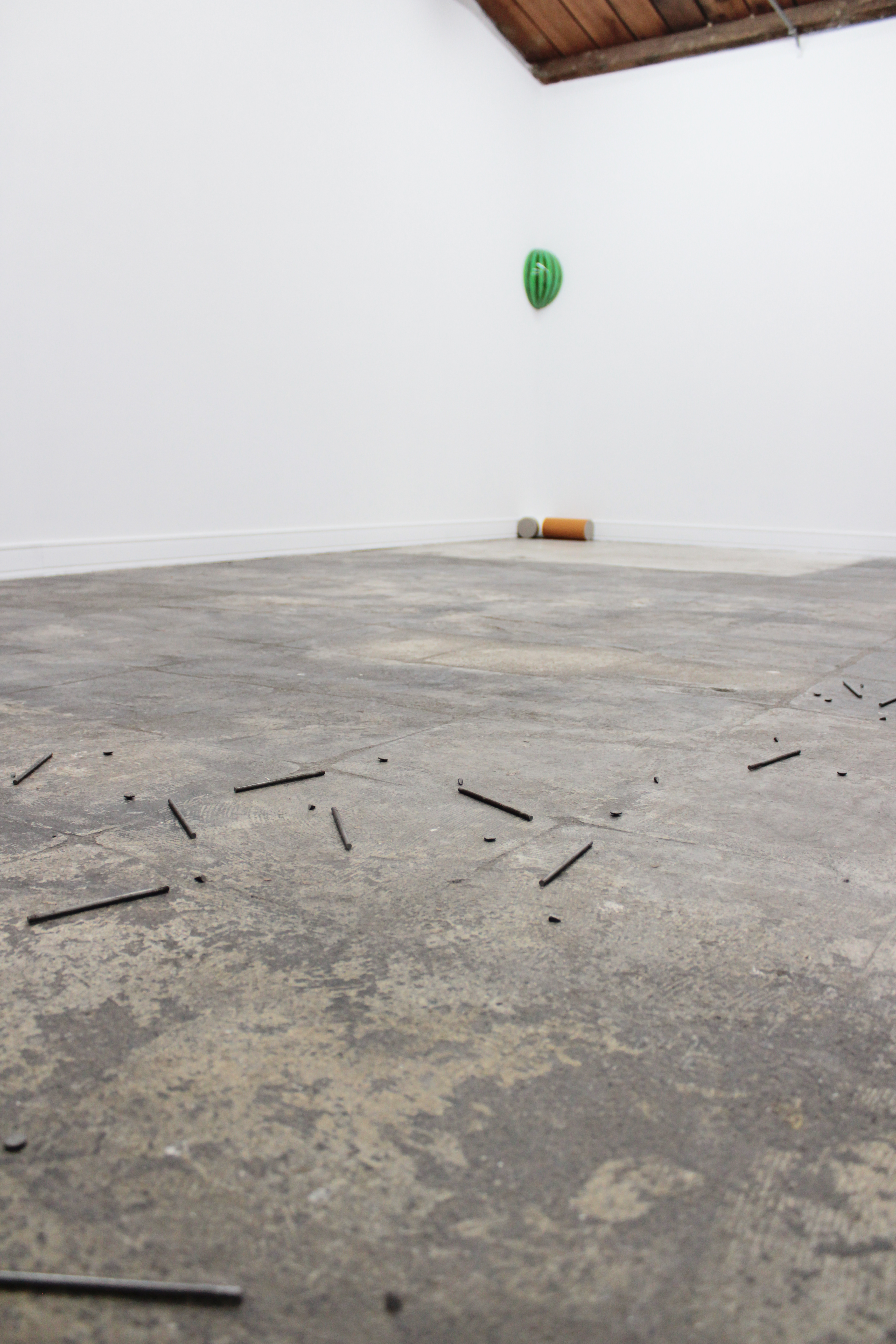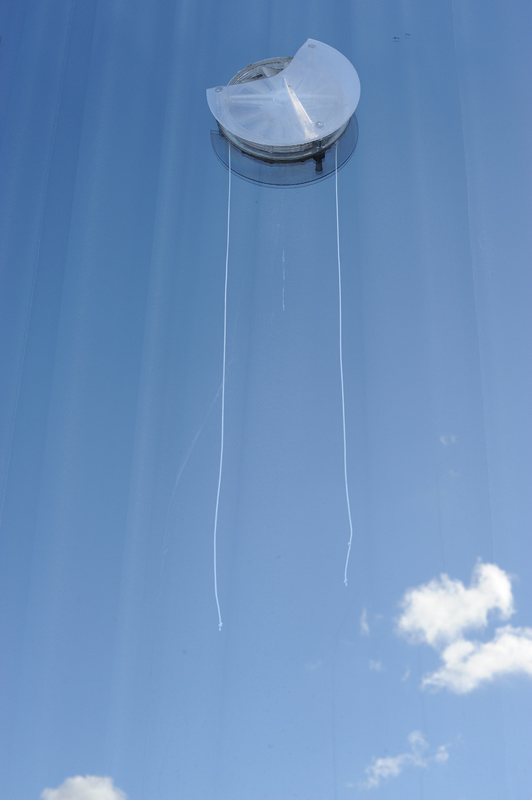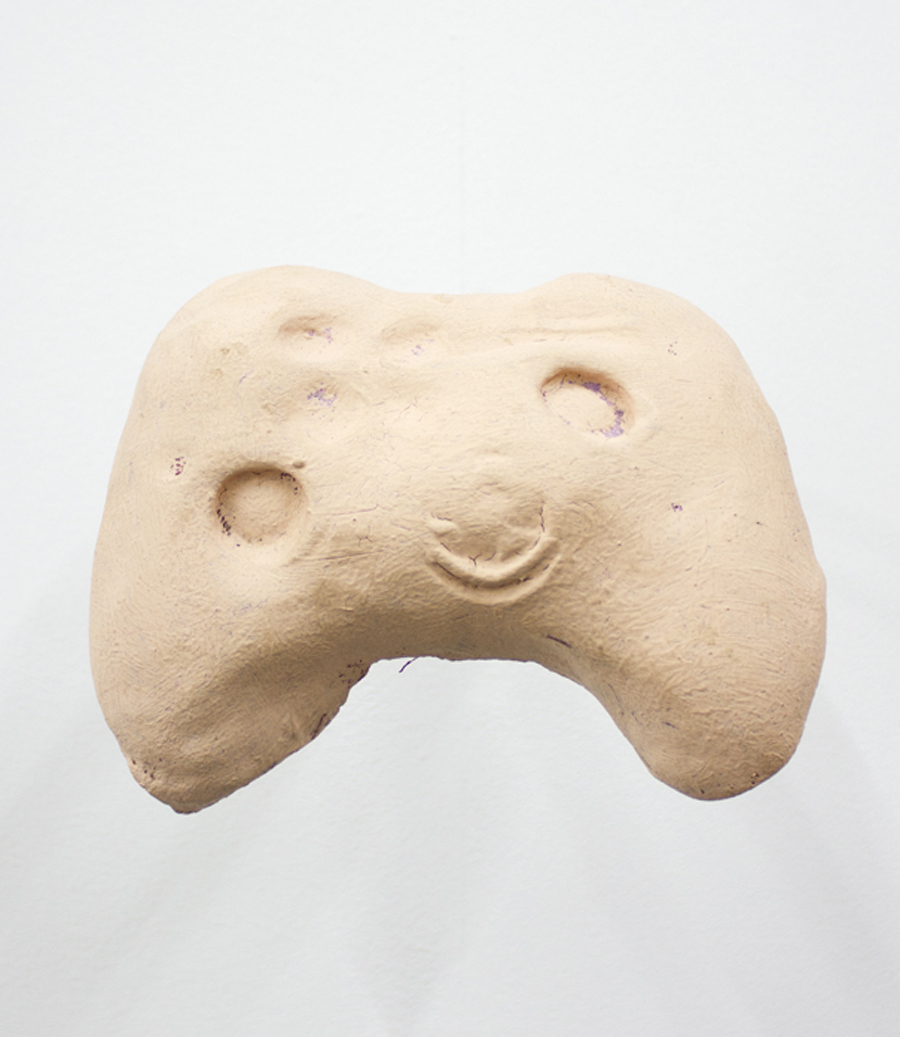FOGSTAND
Gallery & Studio
GOODBYE!
漢 ︎︎︎ EN
Contact ︎︎︎ 聯絡
Support ︎︎︎ 贊助
About ︎︎︎ 關於
Exhibition
Archive ︎︎︎ 歷年
Artist ︎︎︎ 藝術家
Workshop ︎︎︎ 工坊
Residency ︎︎︎ 駐村
News ︎︎︎ 新聞
Shop ︎︎︎ 販售
Gallery & Studio
GOODBYE!
漢 ︎︎︎ EN
Contact ︎︎︎ 聯絡
Support ︎︎︎ 贊助
About ︎︎︎ 關於
Exhibition
Archive ︎︎︎ 歷年
Artist ︎︎︎ 藝術家
Workshop ︎︎︎ 工坊
Residency ︎︎︎ 駐村
News ︎︎︎ 新聞
Shop ︎︎︎ 販售
FOGSTAND Gallery & Studio is a nonprofit art space and creative education centre. The space is temporarily closed.
This website has served as an online archive since 2024.
©2014-2025
FOGSTAND Gallery & Studio. All rights reserved.
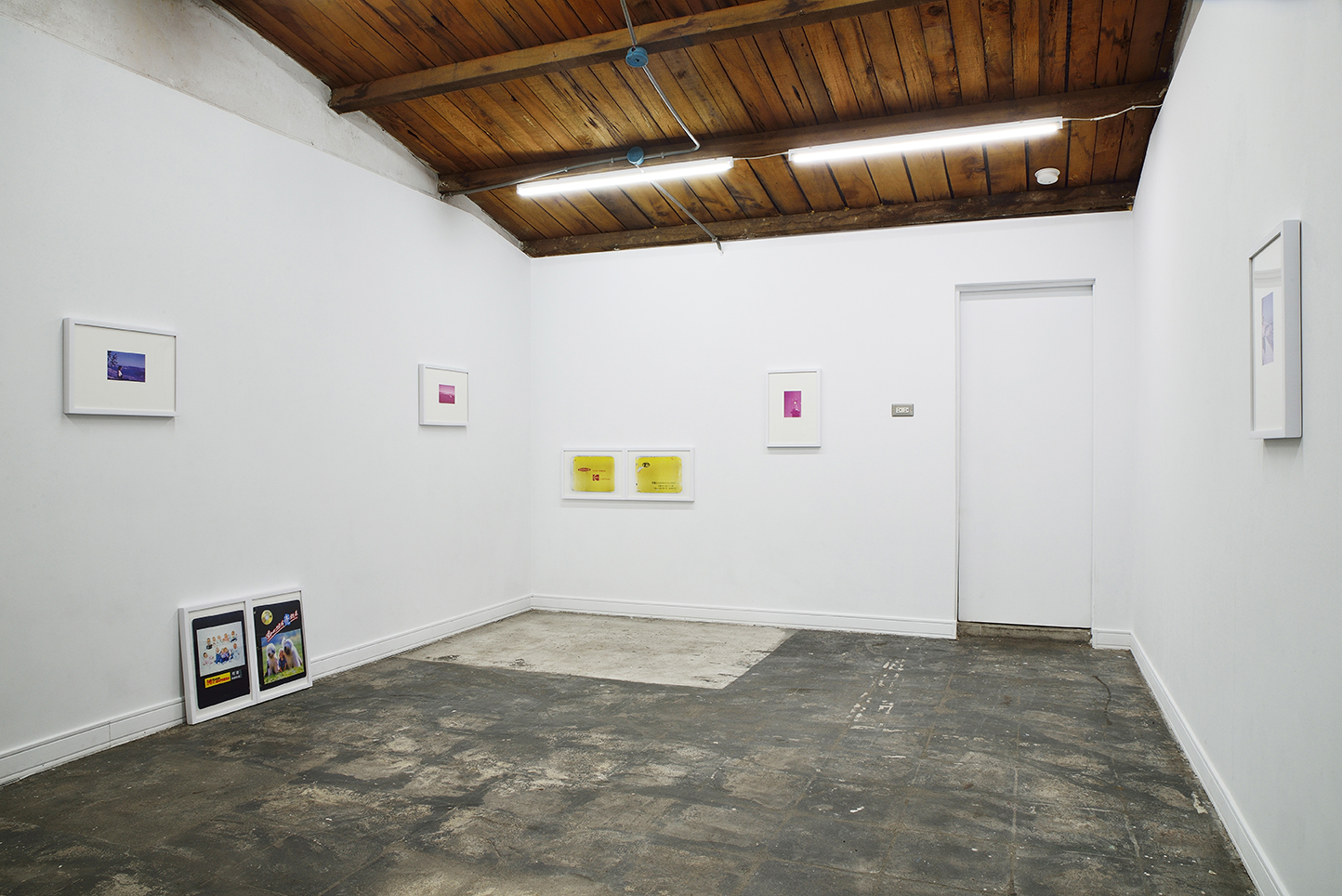

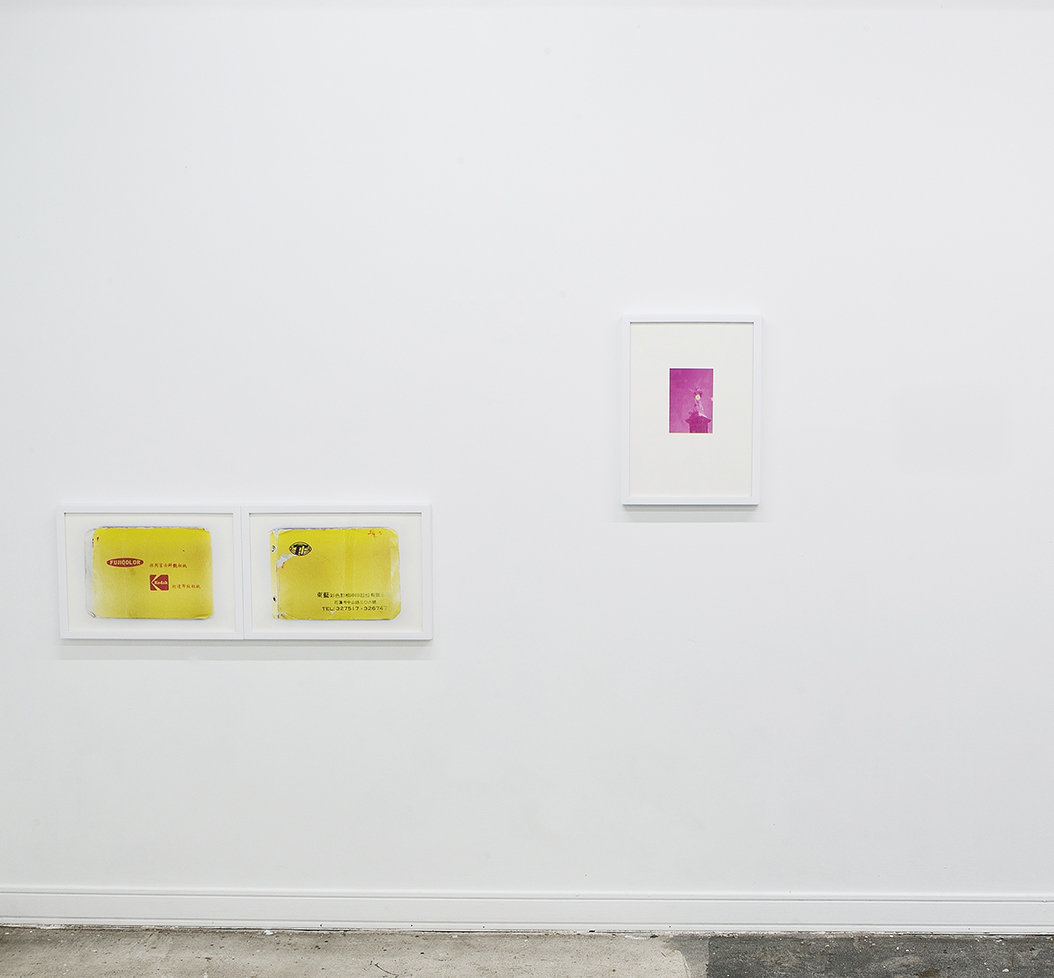
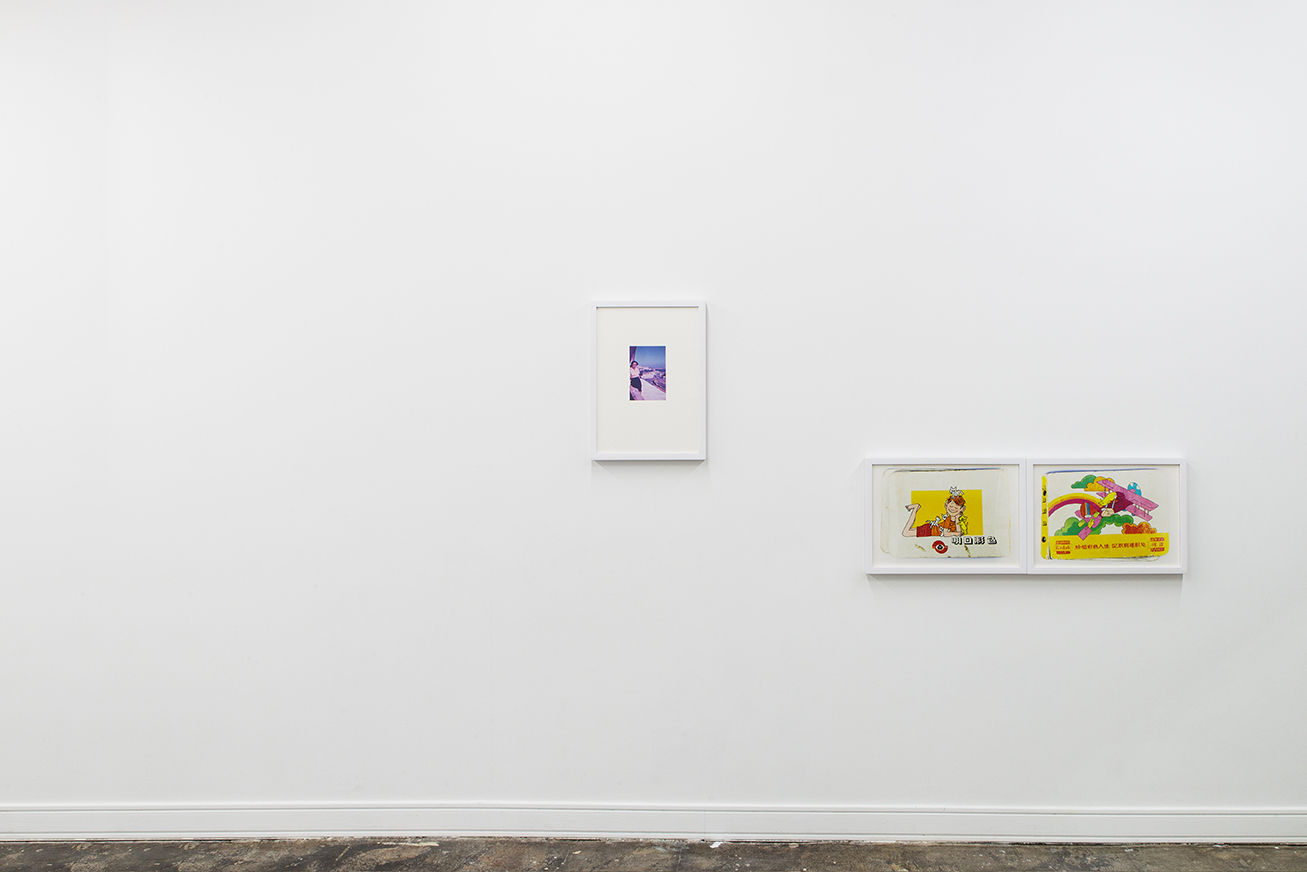
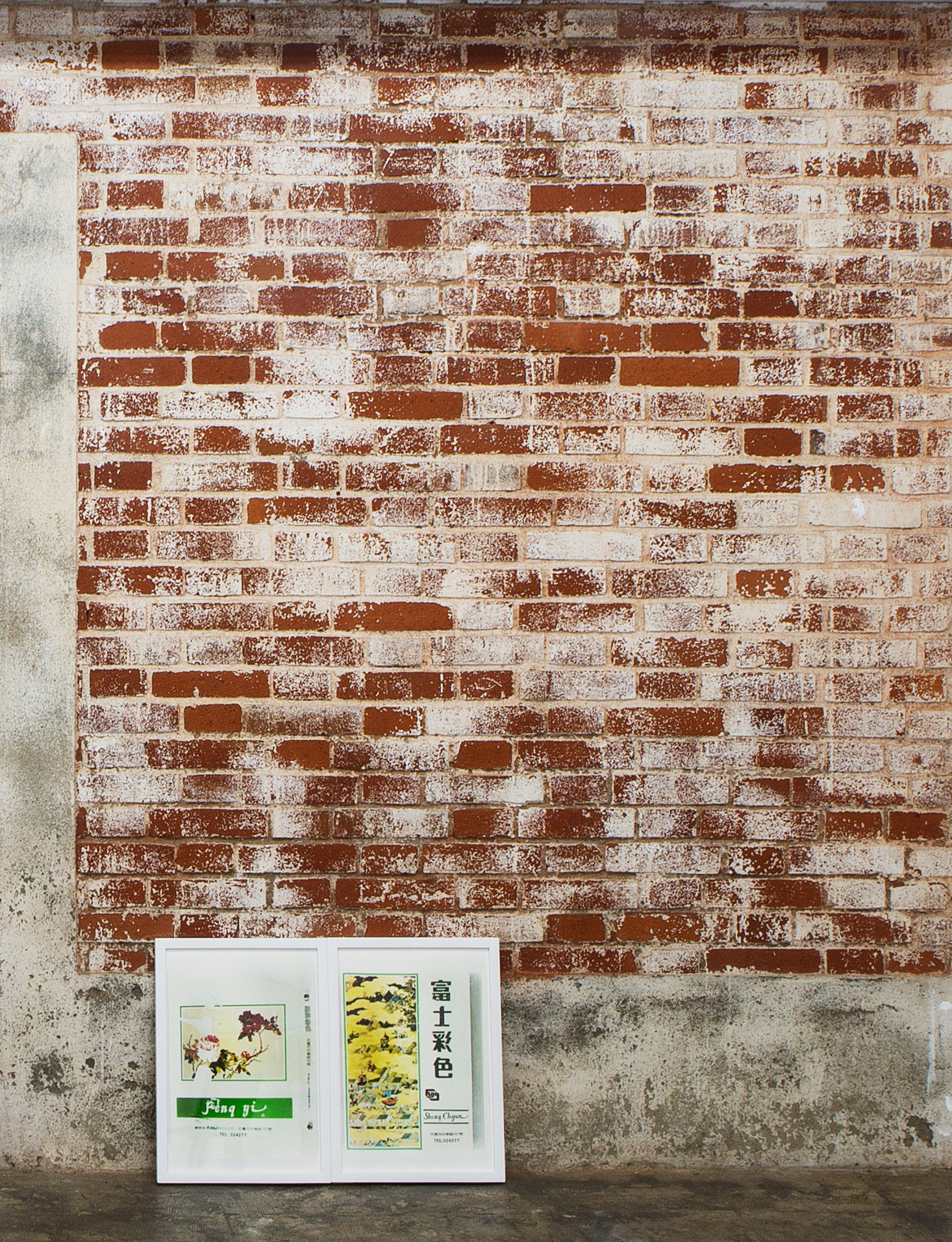
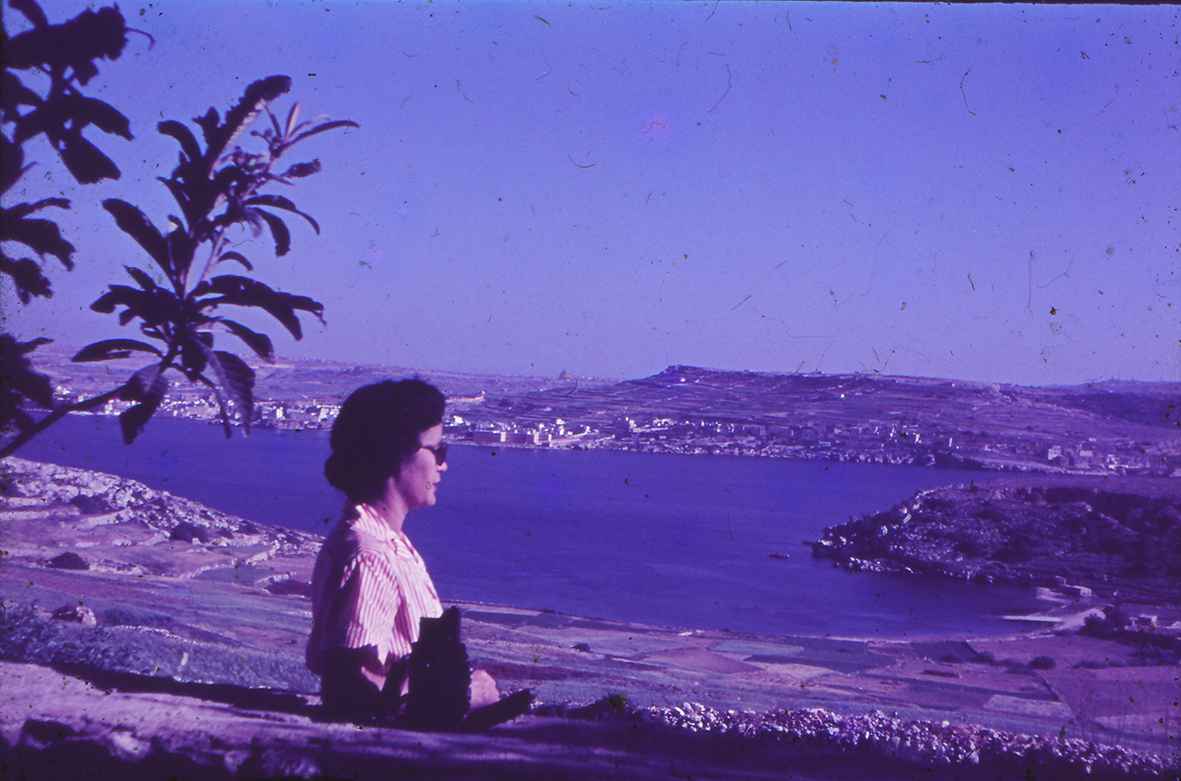


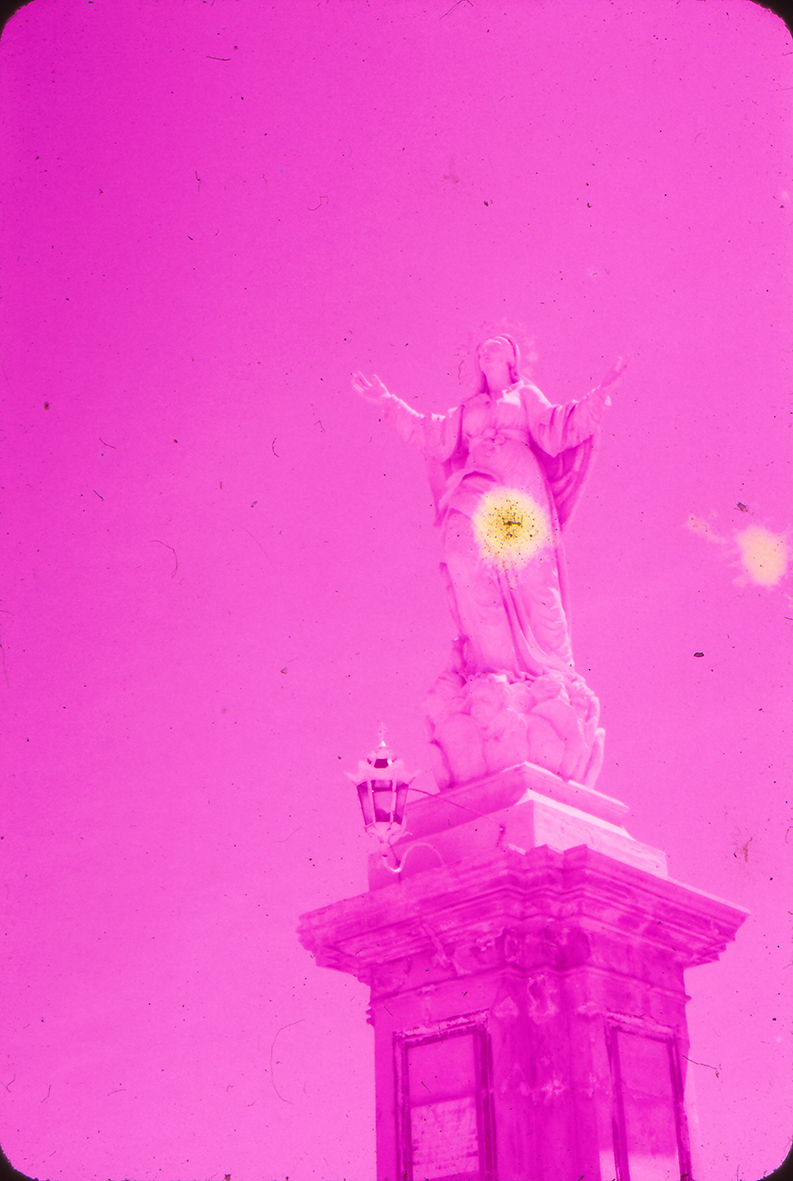
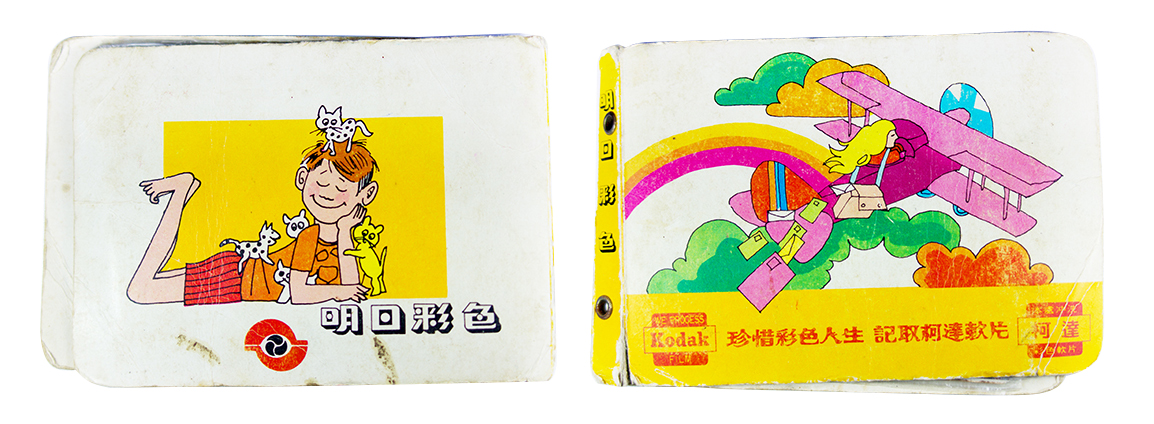

Exhibition on view: 11/19/2016 - 01/15/2017
Opening : 11/19/2016, 1-5pm
Venue: FOGSTAND @ Hualien, Taiwan
Marco Scerri’s photographic contributions were sourced from and with the support of the Malta National Archives. The actual photographs are the work of an islander, May Agius, an unknown, amateur Maltese photographer. Her photographs are a visual record of the life and landscape on the island of Malta during the 1960’s, when the country was a British colony. One important reason why these photographs found their way to the Malta Archive was due to the level of care taken by the original photographer to archive their own collection. In short, the question of whether the archival tendency or the photographic integrity played the dominant role in the photos avoiding permeant displacement is important.
Wen-Li Chen’s photographic contributions originate more autobiographically. Her selected photographs chronicle something simple, yet urgent in the discussion of identity, namely the cover of commercial photo-lab photo books. The photographs, while simple, are startling in what they are able to convey, since underneath the foreign images that make up the cover is the history of her and her family. So to these odd images—an image of 10 unknown babies, an image of a small boy and what appears to be his dog and a series of uncredited paintings—somehow become a sort of adopted family photographs.
Special Thanks:
National Archives of Malta
https://thecaretaker.bandcamp.com
Opening : 11/19/2016, 1-5pm
Venue: FOGSTAND @ Hualien, Taiwan
Marco Scerri’s photographic contributions were sourced from and with the support of the Malta National Archives. The actual photographs are the work of an islander, May Agius, an unknown, amateur Maltese photographer. Her photographs are a visual record of the life and landscape on the island of Malta during the 1960’s, when the country was a British colony. One important reason why these photographs found their way to the Malta Archive was due to the level of care taken by the original photographer to archive their own collection. In short, the question of whether the archival tendency or the photographic integrity played the dominant role in the photos avoiding permeant displacement is important.
Wen-Li Chen’s photographic contributions originate more autobiographically. Her selected photographs chronicle something simple, yet urgent in the discussion of identity, namely the cover of commercial photo-lab photo books. The photographs, while simple, are startling in what they are able to convey, since underneath the foreign images that make up the cover is the history of her and her family. So to these odd images—an image of 10 unknown babies, an image of a small boy and what appears to be his dog and a series of uncredited paintings—somehow become a sort of adopted family photographs.
Special Thanks:
National Archives of Malta
https://thecaretaker.bandcamp.com
FOGSTAND Gallery & Studio is pleased to announce the group exhibition, ISLAND: Marco Scerri and Wen-Li Chen, their first in Taiwan.
The curatorial ambition for this exhibition seeks to address and demonstrate ways of coping with cynical positionality—a dis-position—often found when discussing meaningfulness in the photographic image. In order to better account for such a dialogue, the specific theme of this exhibition is aimed at the viability of exhibition oriented, photographic practice as a method to narrativize tourism’s effect on island communities.
When artists engage in presenting aspects and/or critiques of tourism, they inevitably begin to engender afterimages of tourism’s own dialectic—unmediated locality and its assumed authenticity. It is here, along the contours of a site’s resistance to be represented, where we start to doubt art’s ability to capture such fine resolutions. Representation within art has always been primarily artistic representation, be it the virtuous self-excommunication of modernism or the decidedly reactionary horizontality of post-modernism. Both of these generalized historical contexts did one thing exceedingly well, they produced countless images and generated equal amounts of content. However, this very production must be considered part of the problem of tourism, for both—intentionally or unintentionally—stabilized presence into presentation, which clumsily handles the nuance of any time or place.
This hastily rendered sketch directs us to this following exhibition. Inspired by the hauntological practices of recording artist The Caretaker, ISLAND, Wen-Li Chen and Marco Scerri both address the above complexity without generating any new photographs, without inserting any new perspectives, indeed, without taking up any new positions on their respective islands. Instead, and like the un-authored hisses and cracklings that coincide with the found recordings making up The Caretakers “recordings”, Scerri’s and Chen’s artistic gestures exist within the tonalities of touched photographs and the practical formalities of photographic preservation. They did not work on the islands of Malta or Taiwan, but from abroad via the islands that are photographic archives (both in Malta and Taiwan). In short, Scerri and Chen explore the daunting task of taking care in and, therefore, of deteriorating images depicting a time and a place we no longer have the confidence to say is or is not lost, that is to stay, urgently, even or ever was.
︎︎︎ 漢
The curatorial ambition for this exhibition seeks to address and demonstrate ways of coping with cynical positionality—a dis-position—often found when discussing meaningfulness in the photographic image. In order to better account for such a dialogue, the specific theme of this exhibition is aimed at the viability of exhibition oriented, photographic practice as a method to narrativize tourism’s effect on island communities.
When artists engage in presenting aspects and/or critiques of tourism, they inevitably begin to engender afterimages of tourism’s own dialectic—unmediated locality and its assumed authenticity. It is here, along the contours of a site’s resistance to be represented, where we start to doubt art’s ability to capture such fine resolutions. Representation within art has always been primarily artistic representation, be it the virtuous self-excommunication of modernism or the decidedly reactionary horizontality of post-modernism. Both of these generalized historical contexts did one thing exceedingly well, they produced countless images and generated equal amounts of content. However, this very production must be considered part of the problem of tourism, for both—intentionally or unintentionally—stabilized presence into presentation, which clumsily handles the nuance of any time or place.
This hastily rendered sketch directs us to this following exhibition. Inspired by the hauntological practices of recording artist The Caretaker, ISLAND, Wen-Li Chen and Marco Scerri both address the above complexity without generating any new photographs, without inserting any new perspectives, indeed, without taking up any new positions on their respective islands. Instead, and like the un-authored hisses and cracklings that coincide with the found recordings making up The Caretakers “recordings”, Scerri’s and Chen’s artistic gestures exist within the tonalities of touched photographs and the practical formalities of photographic preservation. They did not work on the islands of Malta or Taiwan, but from abroad via the islands that are photographic archives (both in Malta and Taiwan). In short, Scerri and Chen explore the daunting task of taking care in and, therefore, of deteriorating images depicting a time and a place we no longer have the confidence to say is or is not lost, that is to stay, urgently, even or ever was.
︎︎︎ 漢













